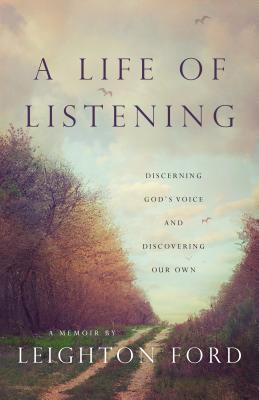
The Remarkable Ordinary, Frederick Buechner. Grand Rapids: Zondervan, 2017.
Summary: A collection of essays drawn from two lecture series, focusing on our attention to the ordinary around us, and in so doing becoming attentive to our own lives and the working of God in them.
Frederick Buechner gave two sets of lectures, the Norton in 1987, and at Laity Lodge in 1990. The essays here are drawn from these lectures, sharing a common theme of stopping and listening to one’s life. Buechner invites us to pay attention to the ordinary, noting that this is the beauty of haiku. It doesn’t mean something. In a few words, it notices the beauty in very ordinary things and occurrences. He proposes that this is much of what it is to love. Loving is taking the time to really see another. In seeing, love emerges and grows.
He spends time in these essays sharing how he has listened to his life. He recounts sharing a platform with Maya Angelou and the idea of the place of worship as the laughing room, a place where we stop amid our rituals and just laugh at ourselves, which is probably what God is doing. He also recalls their connection as she insisted that though they appeared nothing alike, they were. Both had wrestled with how one becomes a human being and struggles to have faith in a world that makes that hard. He writes of his own struggles with the church, and of his religious con man character, Leo Bebb, and the subconscious connection between Bebb and his own life. He “discovered cracks in the ground of my life through which I was able to glimpse the subterranean, life-giving grace of God.
He remembers the day his father committed suicide and how this had marked his life, and how fifty years later, he was finally able to weep for his father. He recounts seeking out a priest after returning from military service, when his earlier carousing no longer filled his life. The priest, who said little because of a stroke invited him to confess his sins, and then told him, “You have a long way to go.” And so do we all, he suggests, as he describes his own journey. He recounts his encounter with Dr. George Buttrick and his decision to go to seminary, escorted to Union Seminary by Buttrick, meeting Tillich and Niebuhr, teaching John Irving at Exeter, and being prayed for by Agnes Sanford, one more step in healing.
He recounts his daughter’s anorexia and realizing the ways he was also sick within. He writes of his journey of therapy and a significant dream of his mother shortly after he died, of the unhappy rules he had internalized and inflicted on his daughter. He concludes he is “better than I used to be but far from well.” And then there is the dialogue during therapy through a crayon held in his left hand, with the father who had committed suicide, where he finally listen’s, whether it is to his father’s voice or another’s, and finds peace, discovering that he is held by the everlasting arms of God.
We spend our lives learning to become human beings. Buechner invites us to listen to the beckoning of our own sin-sick souls and the longings for something more. We often run from our own stories instead of deeply listening, where light can shine through the crack, the light of God’s grace. Yet by learning to listen in the ordinary, the prosaic moments, we learn to go where we can hear what God would say to each of us, to discover our own belovedness, and the deep joy of being carried and cared for by the Beloved. As Buechner recounts how he has listened to his life, we find ourselves invited to listen to ours…

